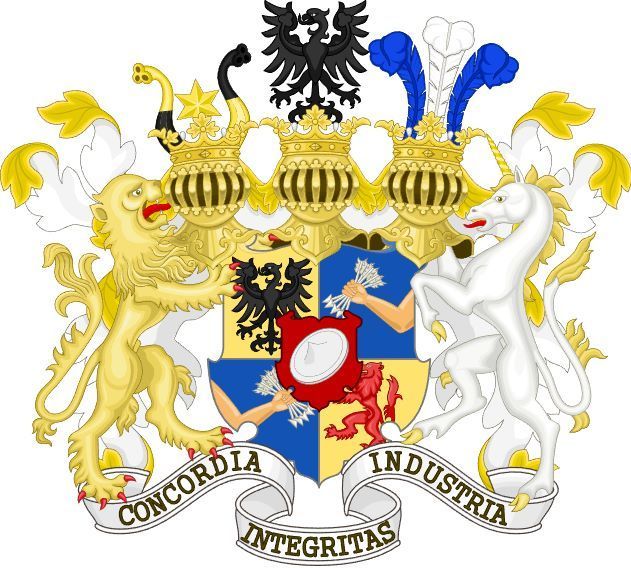The Rise and Evolution of the Rothschild Banking Empire
Explore the rich history of the Rothschild family, from their humble beginnings in the Frankfurt ghetto to becoming the world's largest bank. Discover their involvement in pivotal moments and their impact on art, finance, and philanthropy.





